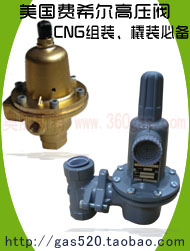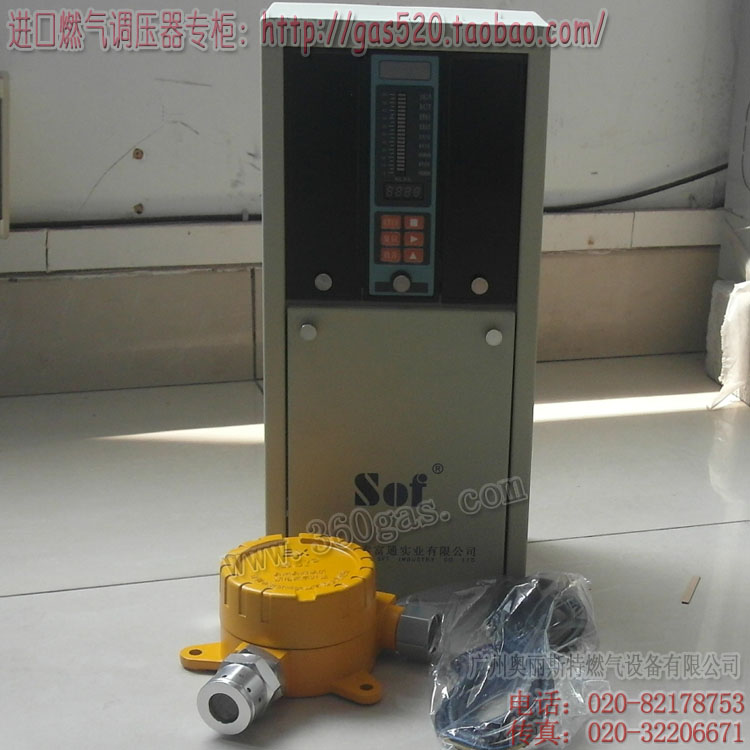位置:首页 > 燃气资讯 > Indonesian NGV Fue
Indonesian NGV Fuel Market Poised for Expansion
浏览次数 793 , 日期 2014-12-15 , 燃气设备 加入收藏
Indonesian state gas operator Perusahaan Gas Negara (PGN) continues to be optimistic about the development in-country of a natural gas vehicle fuel market, having recently identified 73 fuel stations in the Greater Jakarta area that can become multi-fuel outlets with the installation of Compressed Natural Gas (CNG) equipment.
All stations are accessible by pipeline infrastructure, according to a report published by Jakarta Globe, which cites Ridha Ababil, vice president of corporate communications at PGN, as the source. Furthermore, PGN has been working to complement fixed infrastructure with concurrent development of mobile refueling units, or MRUs. PGN currently operates 14 gas stations.
The report follows an earlier article, published by Jakarta Globe in September: Hanung Budya, marketing director at oil and gas company Pertamina, Indonesia’s largest state-owned enterprise, is reported as saying his company plans to target 5% of Pertamina’s 3000 fuel stations in Java and Bali for provision of CNG refueling infrastructure. The estimated cost to upgrade 150 stations is approximately USD 122 million.
The project will involve adding facilities like dispensers, compressors and dryers to support the gas-filling services for customers at some of Pertamina’s fuel stations, Hanung said.
Although President Joko Widodo’s administration has declared intention to push for a wider conversion of gasoline use by the industrial and transportation sectors to natural gas, both Pertamina and PGN are calling on the government to deliver a supportive regulatory system for gas supply and establish incentives for owners to convert vehicles to natural gas to stimulate the market, including a suggested implementation of favourable bank loan conditions.
According to Indonesia-Investments, in 2013 Indonesia was the 10th largest gas producing country in the world, producing 70.4 billion m3. Although it consumed just 38.4 billion m3 in the same year, Indonesia suffers from domestic gas shortages due to export contracts signed with companies that invested to develop the gas fields. The government is now setting about limiting gas exports as part of a stimulus for domestic consumption. Pertamina is also seeking new gas fields for development in the face of government concerns about declining domestic oil production.
There are many positive indications for the NGV market. In October, natural gas engine manufacturer Wärtsilä and two Indonesian partners signed a joint development agreement with the intention of creating the first ever bio-LNG plant in Indonesia. Last March, state-owned electricity company PT PLN included a Galileo Nanobox® CNG compressor and dispenser to refuel PT PLN’s natural gas vehicle fleet as part of construction of a new Compressed Natural Gas (CNG) Storage Facility in West Java. These and other stories of NGV developments in Indonesia appear on the NGV Global News website.
All eyes are turned to government as the necessary driver to build market substance and investor confidence.
All stations are accessible by pipeline infrastructure, according to a report published by Jakarta Globe, which cites Ridha Ababil, vice president of corporate communications at PGN, as the source. Furthermore, PGN has been working to complement fixed infrastructure with concurrent development of mobile refueling units, or MRUs. PGN currently operates 14 gas stations.
The report follows an earlier article, published by Jakarta Globe in September: Hanung Budya, marketing director at oil and gas company Pertamina, Indonesia’s largest state-owned enterprise, is reported as saying his company plans to target 5% of Pertamina’s 3000 fuel stations in Java and Bali for provision of CNG refueling infrastructure. The estimated cost to upgrade 150 stations is approximately USD 122 million.
The project will involve adding facilities like dispensers, compressors and dryers to support the gas-filling services for customers at some of Pertamina’s fuel stations, Hanung said.
Although President Joko Widodo’s administration has declared intention to push for a wider conversion of gasoline use by the industrial and transportation sectors to natural gas, both Pertamina and PGN are calling on the government to deliver a supportive regulatory system for gas supply and establish incentives for owners to convert vehicles to natural gas to stimulate the market, including a suggested implementation of favourable bank loan conditions.
According to Indonesia-Investments, in 2013 Indonesia was the 10th largest gas producing country in the world, producing 70.4 billion m3. Although it consumed just 38.4 billion m3 in the same year, Indonesia suffers from domestic gas shortages due to export contracts signed with companies that invested to develop the gas fields. The government is now setting about limiting gas exports as part of a stimulus for domestic consumption. Pertamina is also seeking new gas fields for development in the face of government concerns about declining domestic oil production.
There are many positive indications for the NGV market. In October, natural gas engine manufacturer Wärtsilä and two Indonesian partners signed a joint development agreement with the intention of creating the first ever bio-LNG plant in Indonesia. Last March, state-owned electricity company PT PLN included a Galileo Nanobox® CNG compressor and dispenser to refuel PT PLN’s natural gas vehicle fleet as part of construction of a new Compressed Natural Gas (CNG) Storage Facility in West Java. These and other stories of NGV developments in Indonesia appear on the NGV Global News website.
All eyes are turned to government as the necessary driver to build market substance and investor confidence.








